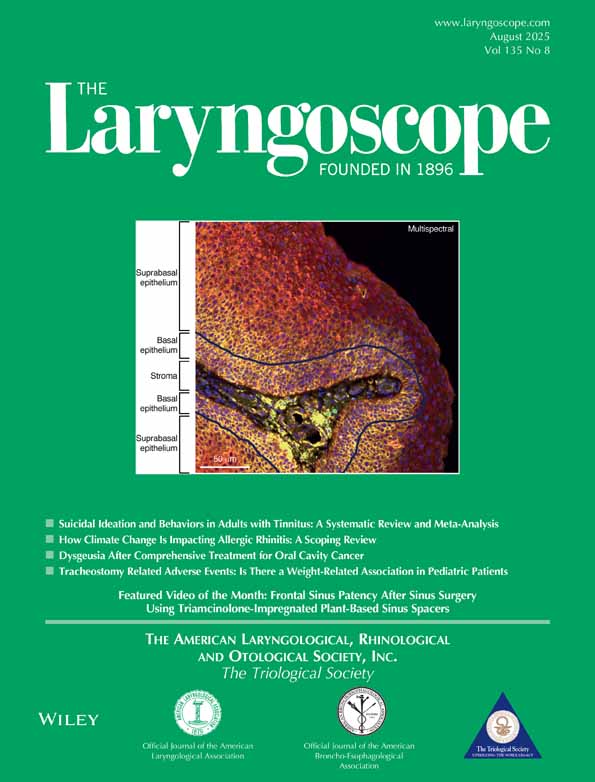The effect of topical amphotericin B on inflammatory markers in patients with chronic rhinosinusitis: A multicenter randomized controlled study
Abstract
Background:
It has been suggested that an exaggerated immune response to fungi is crucial in the pathogenesis of chronic rhinosinusitis (CRS). Based on this rationale, the use of topical antifungals (amphotericin B) has been advocated. Studies on its clinical effectiveness are, however, contradictory.
Objectives:
To examine the effect of nasal antifungal treatment on secreted mediators in samples of nasal lavage fluid from patients with CRS with or without nasal polyps (NP).
Methods:
Part two of a prospective double-blind, placebo-controlled multicenter clinical trial investigating the effect of 13 weeks of treatment with amphotericin B or placebo on the levels of pro-inflammatory cytokines, chemokines and growth factors (i.e., IL-1β, IL-1RA, IL-2, IL-2R, IL-3, IL-4, IL-5, IL-6, IL-7, IL-8, IL-10, IL-12 (p40/p70 subunits), IL-13, IL-15, IL-17, TNF-α, IFN-α, IFN-γ, G-CSF, GM-CSF, MIP-1α, MIP-1β, IP-10, MIG, eotaxin, RANTES, MCP-1, MCP-2, MCP-3, VEGF, EGF, FGF-basic, HGF, Gro-α) and albumin via a fluorescent enzyme immunoassay in nasal lavage specimens of CRS patients with or without NP.
Results:
Topical amphotericin B had no significant effect on the level of any of the tested pro-inflammatory cytokines, chemokines, and growth factors in CRS nasal lavage samples. Treatment with placebo, however, increased the level of MIP-1α and MIP-1β, which are mediators involved in wound healing.
Conclusions:
Topical amphotericin B has no significant effect on activation markers of nasal inflammatory cells in chronic rhinosinusitis with or without nasal polyps. Laryngoscope, 2009




